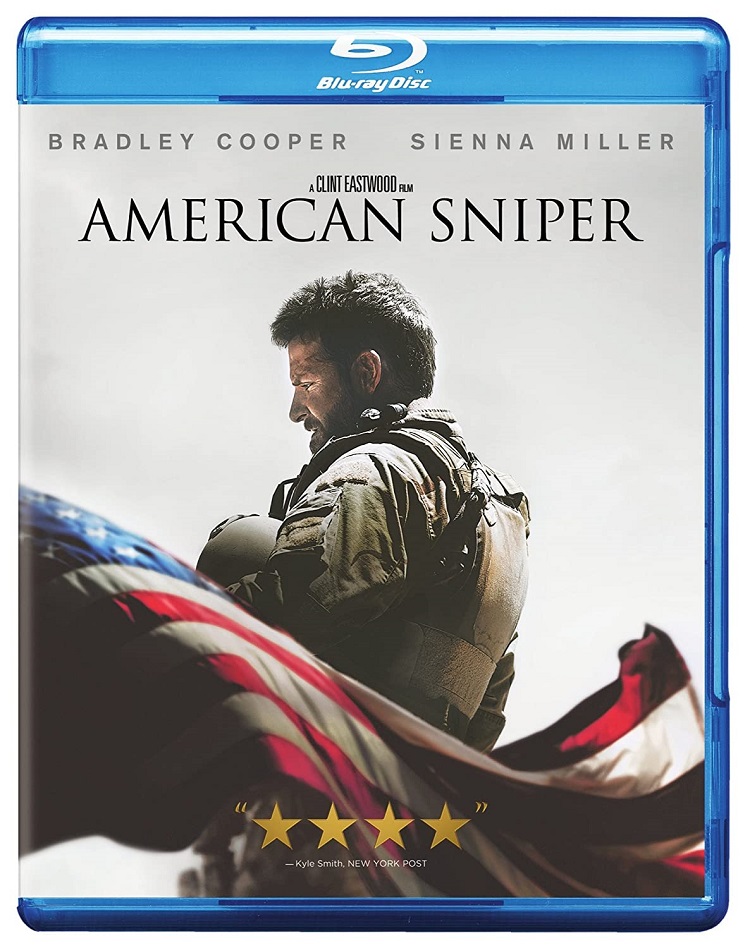
Written by Nils Forman
I really didn’t know what to expect when I decided to see American Sniper. I had resolved not to read anything about it that might predispose my mind to the film and the experience of seeing it. I thought in terms of “seeing it” because, as a Vietnam veteran, I had refrained from seeing all but a couple of the plethora of films about that conflict. In fact, the number of movies which attempt to deal with the ambiguities and puzzles produced as a result of America’s participation in Vietnam is staggering – so many that they collectively can (and probably should be) considered to be a genre unto themselves.
Shortly before going to see American Sniper, I sat down with a list of the most influential Vietnam films, in order to review how many I had seen. To my own astonishment I discovered that in all those years, I had only seen two: Francis Ford Coppola’s Apocalypse Now, considered by many, including the late Roger Ebert, as the greatest American war film ever made and We Were Soldiers, the latter mostly because it was highly praised for its authenticity, and because it told the tale of the Battle of the Ia Drang Valley, which took place in November of 1965, while I was in country, though I was not involved in that struggle, which was America’s first significant win in that war.
So, as I decided to see Sniper, I realized my mind was as close to a Tabla Rasa regarding modern American-made war films as it could be, and thus decided I would complete the effect by avoiding all the other opinions about Sniper.
Even so, I was not without bias: I had been an admirer of Clint Eastwood’s all the way back to the trio of spaghetti westerns produced and directed by Sergio Leone with Eastwood as lead: A Fistful of Dollars (1964), For a Few Dollars More (1965), and The Good, the Bad and the Ugly (1966) and on through almost everything Eastwood was in and/or directed from that point on.
American Sniper surprised me on a number of levels: it is perhaps the most complex lead portrayal I’ve seen in any Eastwood movie, its complexity extends as well to the ambivalence we Americans have experienced throughout our several years of fighting in the Middle East, in particular as Chris Kyle (expertly played with both nuance and labyrithian moments by Bradley Cooper) expresses his regrets for what he perceives as his own failures as a sniper, though, of course, Kyle’s doubts have more to do with his misgivings as to whether or not he has adequately supported his buddies and saved their lives, not with the complexity generated by personal aspects of death both doled out by a sniper and by war in general. I do, however, believe that the film gets short shrift from those audience members who can only focus on the proximity and person-to-person nature of being a sniper (and their own opposition to warfare itself), and thus fail to even note the conflicts going on within Kyle’s heart and brain, especially his struggle with Post Traumatic Stress Disorder (PTSD).
As in most of Eastwood’s pictures, the technical aspects of American Sniper are very good: cinematography, sound, lighting, and ambience – all are excellent without being too in-your-face. That tank rumbling down the rubble-strewn street at the beginning is one of the scariest I’ve ever seen in a movie.
Finally, the movie is controversial – there is no doubt in my mind that Eastwood made it that way very deliberately; as one of the very few Conservatives in Hollywood, he rarely misses an opportunity to make his political points (both on and off camera), and American Sniper is no exception.
As a Libertarian, I found myself in agreement with much of the spirit of this film, and was more than a little amused by the vehement opposition expressed by so many of the Hollywood Glitterati.
It’s an Eastwood film, people! You expected lighter fare?